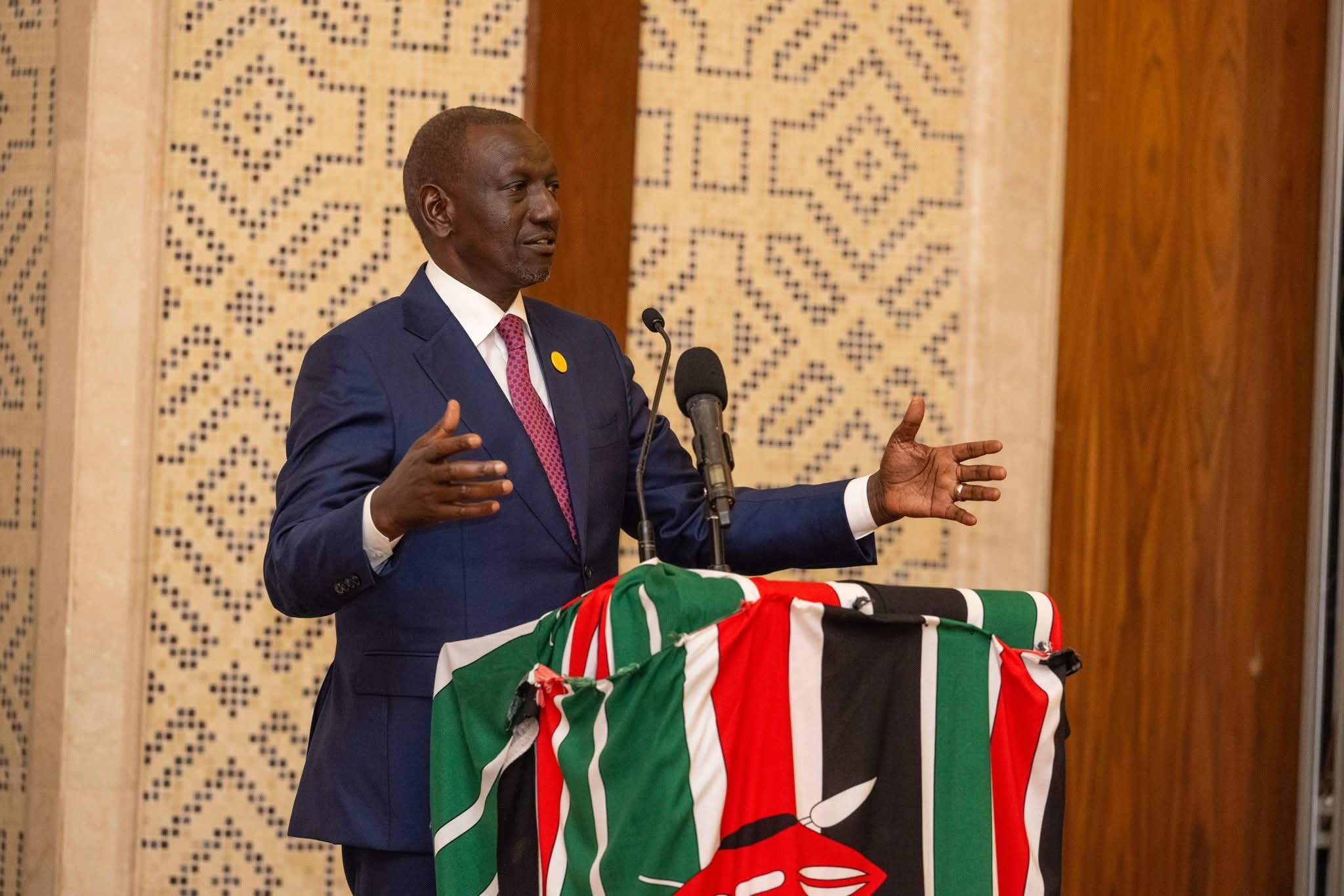 Queenter Mbori, ED, Association of Media Women in Kenya (AMWIK)/HANDOUT
Queenter Mbori, ED, Association of Media Women in Kenya (AMWIK)/HANDOUT
Technology-facilitated gender-based violence (TFGBV) is becoming one of the biggest threats to media freedom and journalist safety in Kenya.
As internet access expands and digital
platforms become essential for social and professional interactions, online
disinformation, harassment, and abuse increasingly target women journalists and
public figures. This undermines not only individual careers but also the
foundation of media freedom.
Research from the Association of Media Women in Kenya in 2024 titled “An Investigation on the Prevalence of Technology Facilitated Gender Based Violence Against Women with Prominent Public Lives” found that over half of the women journalists surveyed had experienced gendered online abuse. Digital attacks often coincide with major news cycles and coordinated campaigns.
This violence takes many forms, including smear campaigns, stalking, altered images, and planned online threats. The anonymity and the wide reach of the internet make these attacks more severe. The research also showed gaps in the current legal frameworks and remedies as they have struggled to keep up, leaving many victims with few options.
In response, AMWIK developed Kenya’s first Safety and Security Handbook for journalists. This handbook offers practical digital safety strategies and advocates for survivor-focused solutions. Beyond the handbook, comic strips, podcasts, and mental health advocacy have been instrumental in raising awareness and building resilience among journalists, young people, and community leaders.
However, as digital threats increase, national policies have attempted to catch up. Recently, President William Ruto signed the Computer Misuse and Cybercrimes (Amendment) Act, 2024, into law. This law expands state powers to tackle cybercrime, introducing stricter penalties for cyber harassment, explicit content, and online fraud.
For survivors of TFGBV, the promise of a crackdown on digital abuse seems like a positive development, but with serious concerns about vague definitions and the broad authority given to the National Computer and Cybercrimes Coordination Committee (NC4). This committee can now order the removal or blocking of digital content without needing explicit court approval.
This authority, without clear judicial oversight, can easily be misused to silence legitimate dissent and journalism. It is particularly concerning given the law’s unclear standards about “false, misleading or fictional data” and “offensive” content. With potential penalties reaching KSh 20 million or 10 years in prison, many reporters now face a real threat of self-censorship or prosecution for producing work that exposes political corruption or holds leaders accountable.
For women, the situation is even more complicated. While stricter penalties for cyber harassment recognise the reality of TFGBV, the language in the law is not explicitly focused on survivors. Without clear definitions and trauma-informed enforcement, women activists and journalists who speak out could become targets for counterclaims, victim-blaming, or legal retaliation from their abusers.
As Kenya's digital landscape evolves, the fight against technology-facilitated gendered violence and disinformation requires more than just new laws. There is a need for more partnerships between media, government, civil society, and technology platforms to monitor online harm, share resources, and develop quick, rights-based responses.
There is also a need for improved digital and media literacy, empowering communities to recognise, resist, and report TFGBV and gendered disinformation. Additionally, we support judicial reform and law enforcement training to ensure that the law protects rather than punishes survivors while upholding media freedom.
Mental health support is also essential in the digital space, with the need to access counselling and peer support, because the unseen mental wounds can be just as harmful as public attacks.
As we observe the International Day to End Impunity for Crimes Against Journalists, it is vital to acknowledge the increasing risks that women face in Kenya’s newsrooms and public spaces. The challenge is urgent, especially as Kenya approaches another election cycle.
Technology should amplify, not silence, the voices of women in journalism.
The writer is the ED, Association of Media Women in Kenya (AMWIK)



















